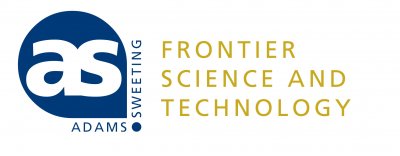6pm - 7:30pm BST
Monday 30 May 2022
Dyslexia, rhythm, language and the developing brain
Free
University of Surrey
Guildford
Surrey
GU2 7XH
This event has passed
You will be navigated to our Eventbrite page to register for your free ticket.
Speaker

Usha Goswami
Professor of Cognitive Developmental Neuroscience
Biography
Usha Goswami CBE FRS FBA is Professor of Cognitive Developmental Neuroscience at the University of Cambridge and a Fellow of St John’s College, Cambridge. She is also founding Director of the Centre for Neuroscience in Education. After training as a primary school teacher, Usha decided to pursue research in child psychology, taking a D. Phil. in Psychology at the University of Oxford focused on reading development. Most recently, Usha has been studying the neural mechanisms underpinning language encoding, and relationships to the rhythmic structure of infant- and child-directed speech. Her research goal is to understand the brain basis of dyslexia and speech and language difficulties, and the potential utility of assistive listening technology, coupled with music- and rhythm-based behavioural interventions.
She has received a number of career awards, including the British Psychology Society’s Spearman Medal and President’s Award; the Aspen Brain Forum Senior Investigator Prize in Neuroeducation, New York Academy of Sciences; the Norman Geschwind-Rodin Prize for Dyslexia research, Sweden; the Yidan Prize for Education Research, Hong Kong; and Research Fellowships from the National Academy of Education (USA), the Leverhulme Trust (UK), and the Alexander von Humboldt Foundation (Germany). Usha Goswami was made a Commander of the Order of the British Empire (CBE) in the Queen’s New Years Honours List in 2021.
About the lecture
Recent insights from auditory neuroscience provide a new perspective on how the brain encodes speech. Using these recent insights, Professor Goswami will provide an overview of key factors underpinning individual differences in children’s development of language and phonology, providing a context for exploring atypical reading development (dyslexia). Children with dyslexia are relatively insensitive to acoustic cues related to speech rhythm patterns. This lack of rhythmic sensitivity is related to the atypical neural encoding of rhythm patterns in speech by the brain. Professor Goswami will discuss some research-based interventions that aim to ameliorate these rhythmic difficulties.
Watch the full lecture
About the series

The Adams-Sweeting Lecture series was created in honour of two of the University of Surrey’s most prestigious academics – Distinguished Professor of Physics, Alf Adams and Distinguished Professor of Space Engineering, Sir Martin Sweeting.
The lecture sees experts, innovators and scientists deliver fascinating talks on pioneering developments in their area of expertise. Feed your intrigue, expand your mind and join us to learn about the innovations shaping the world.

